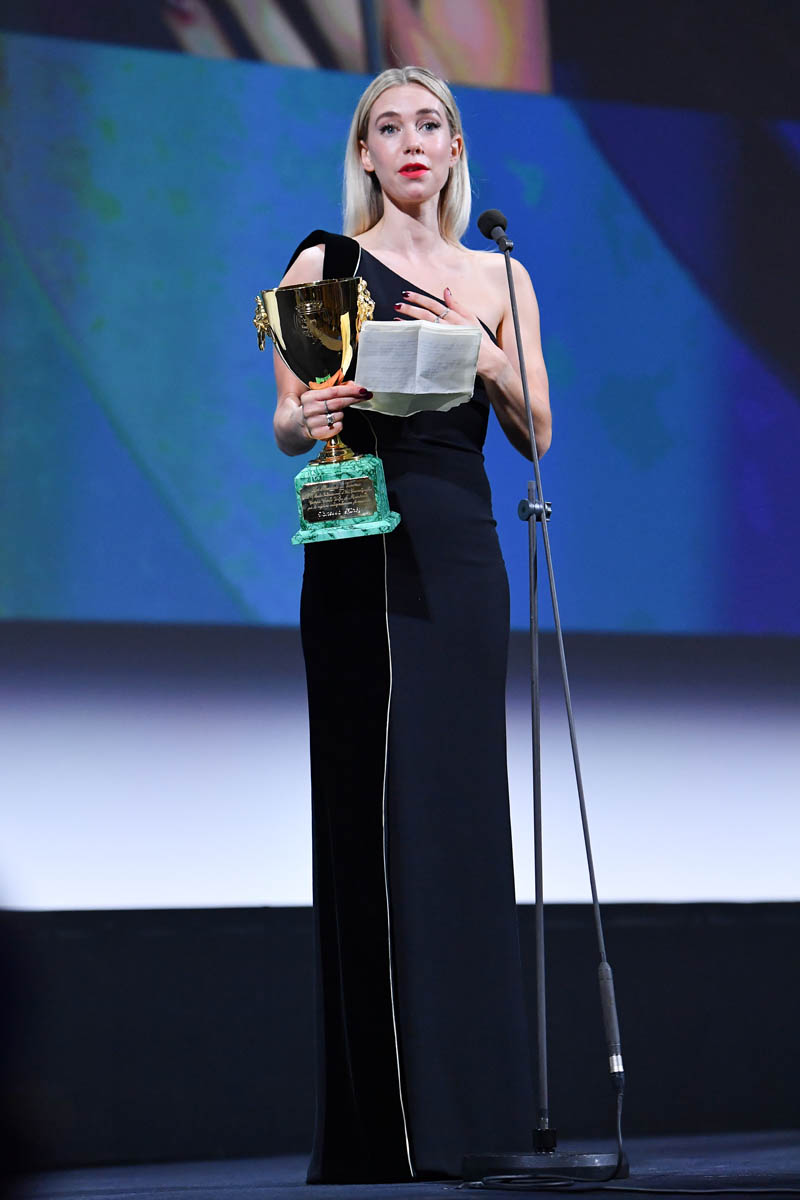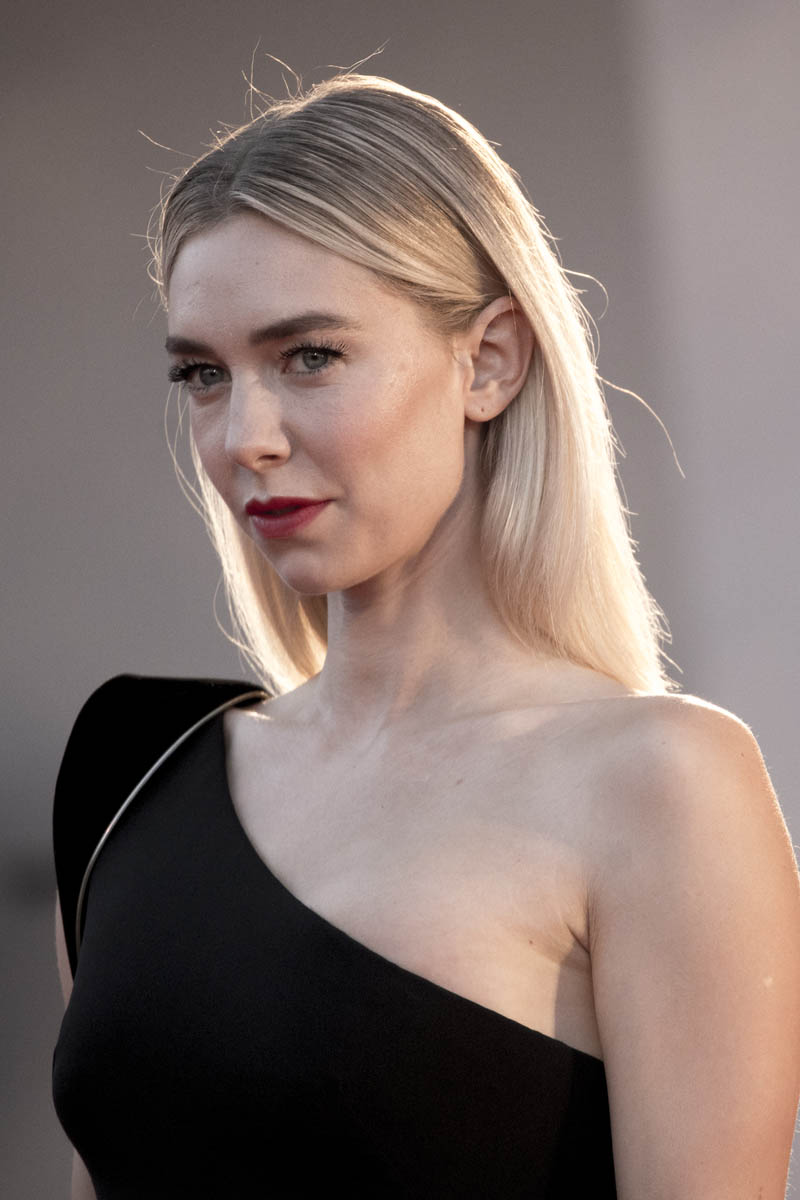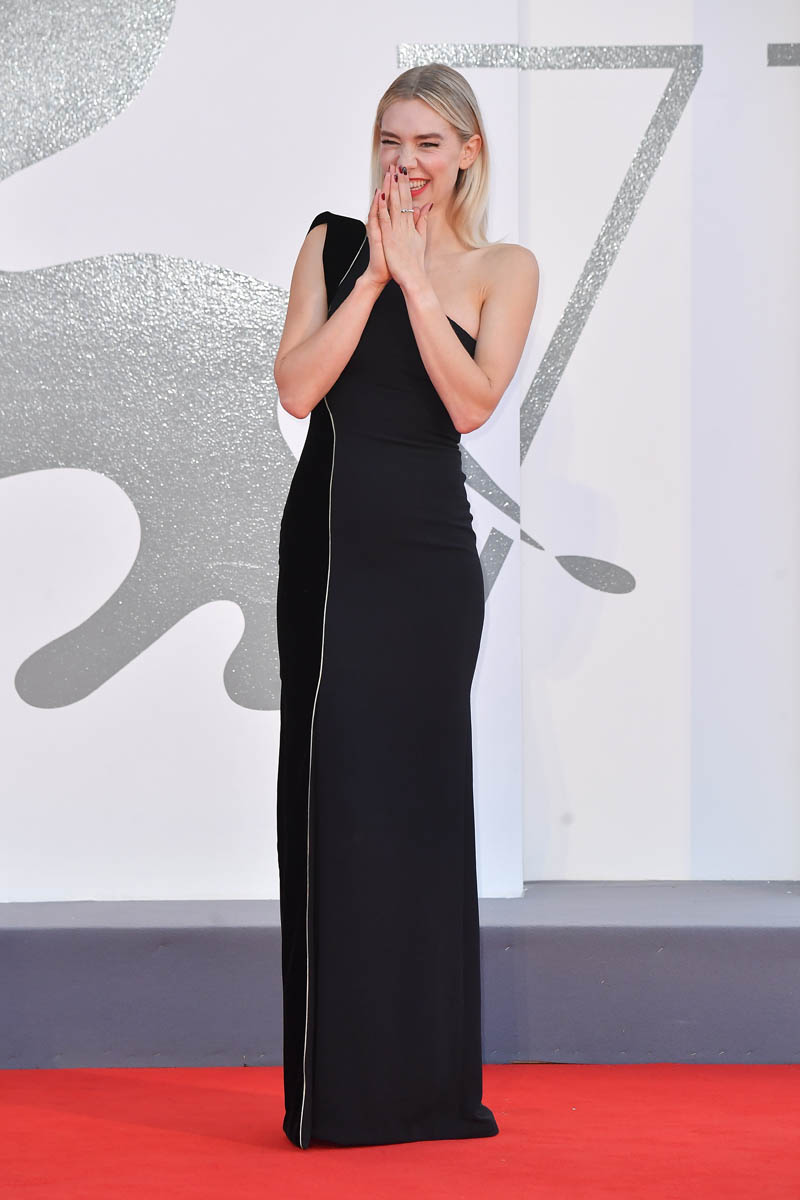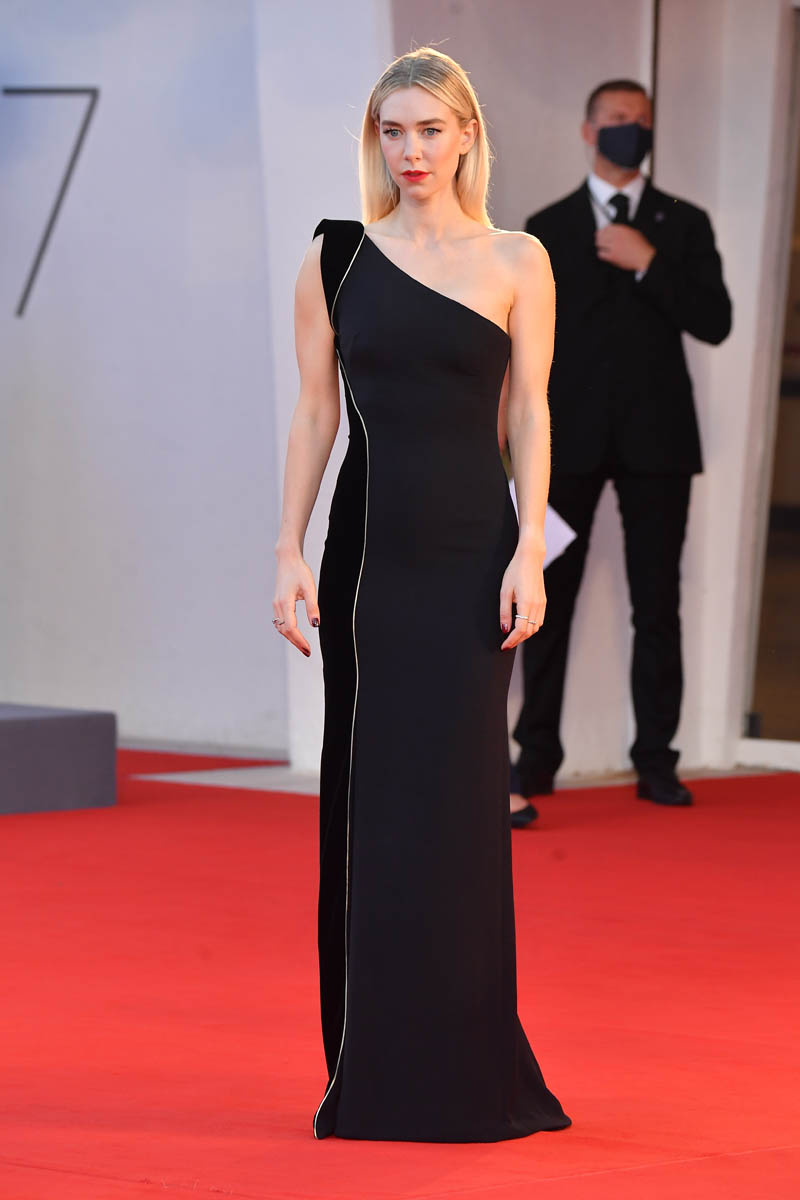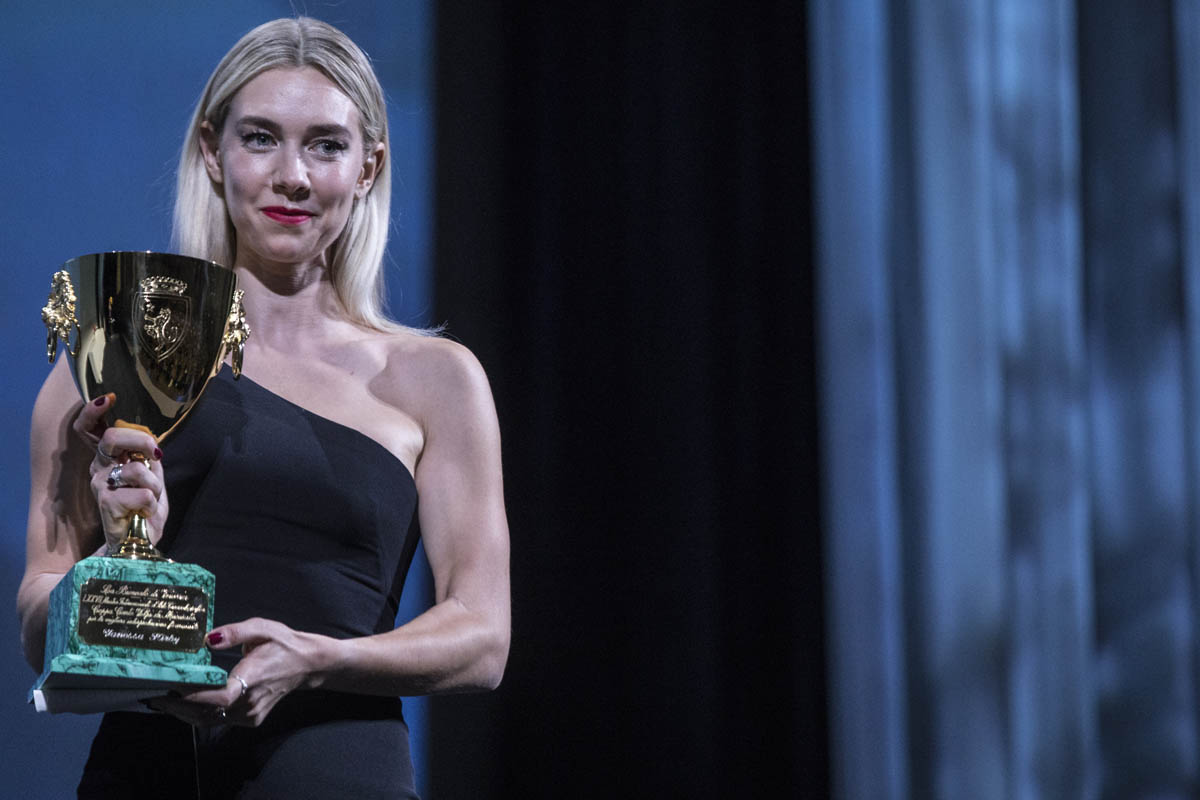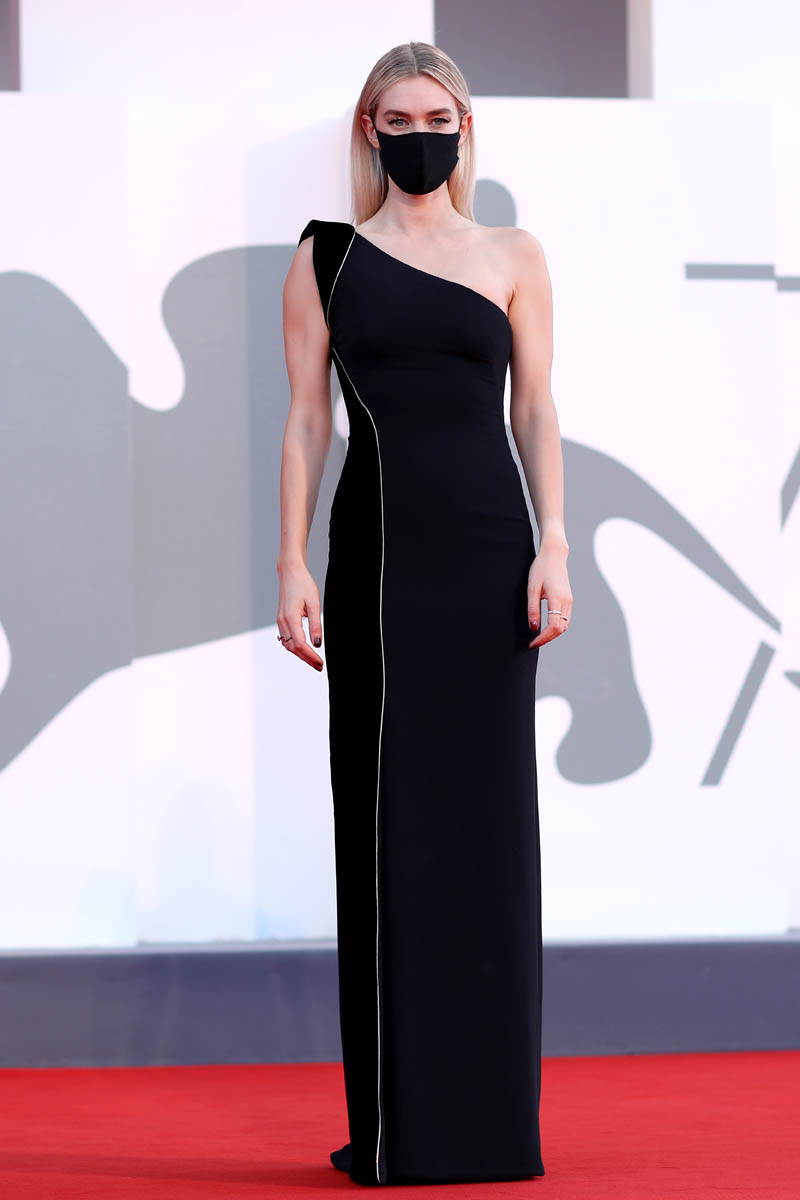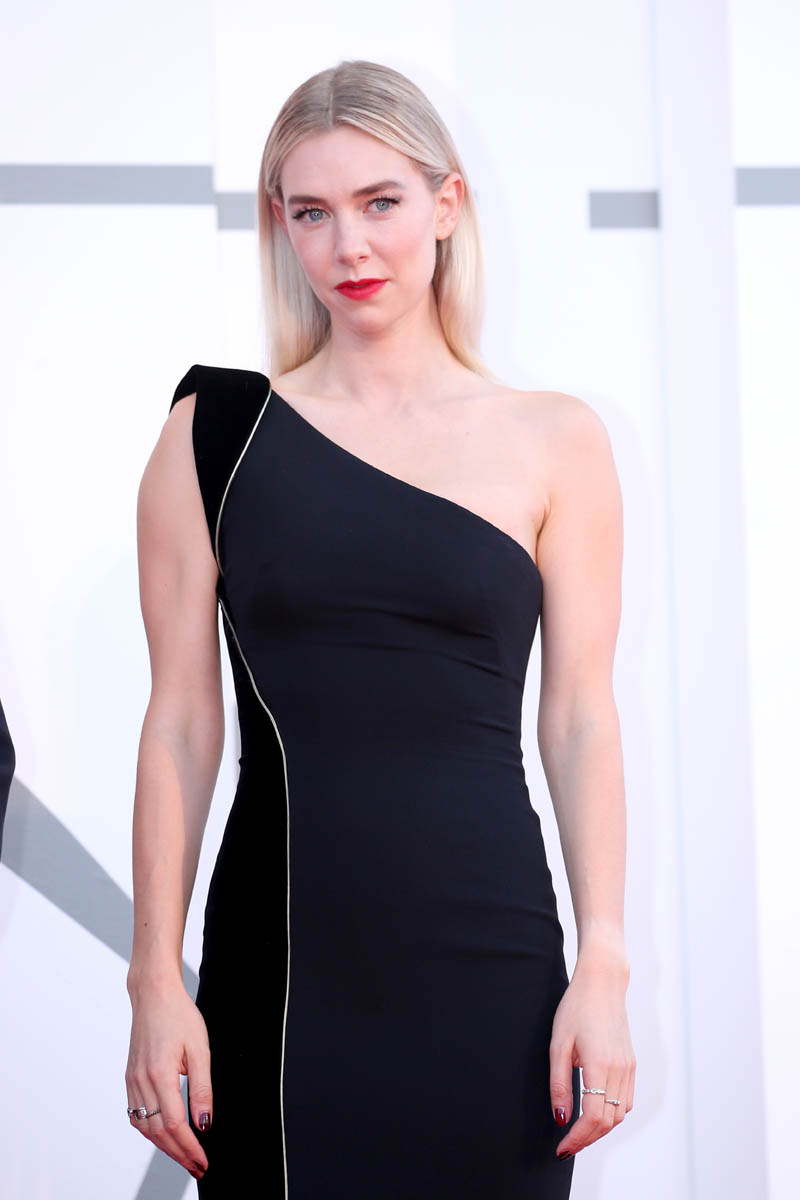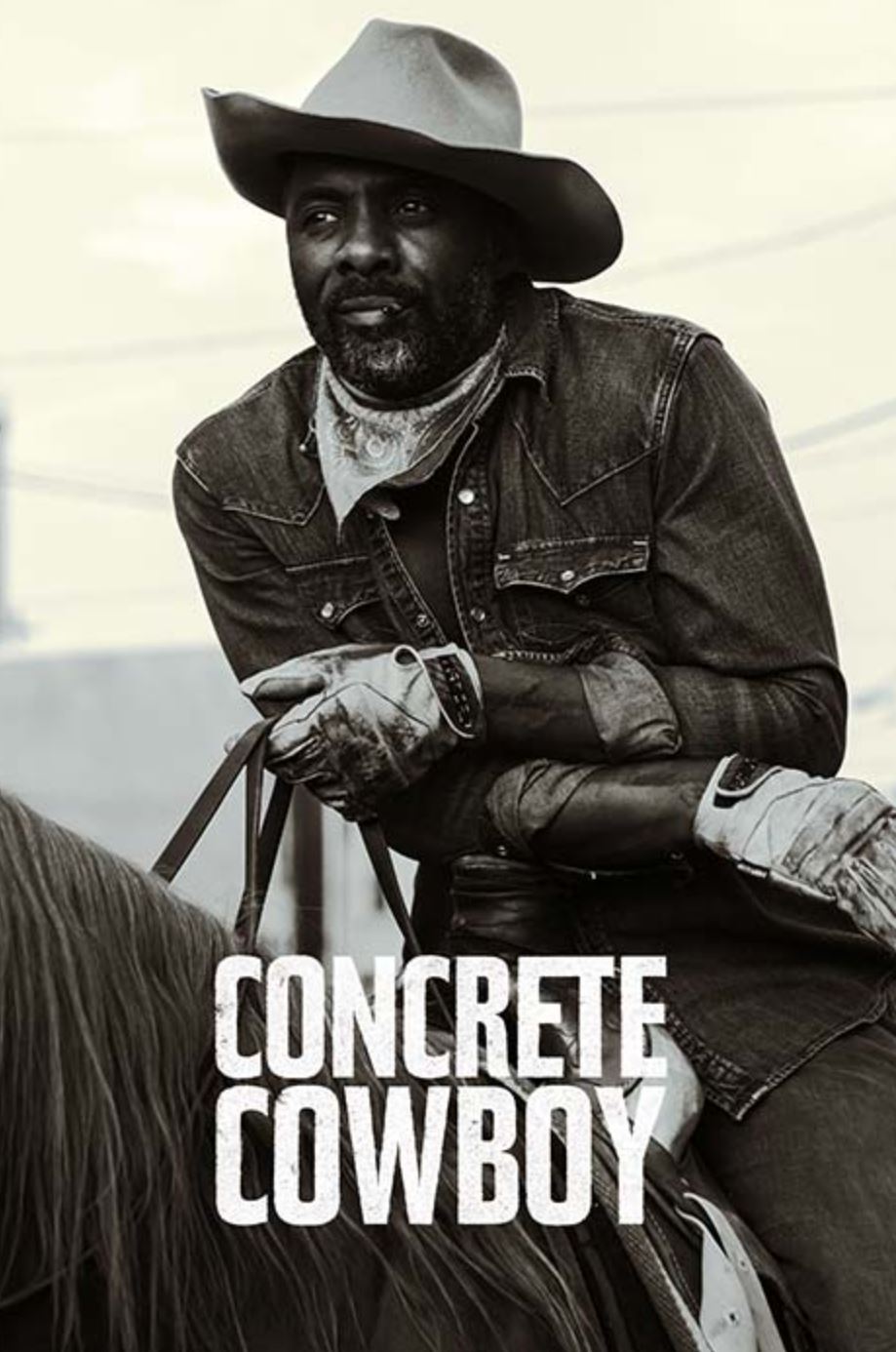TIFF Review: Pieces of a Woman



On paper, Pieces of a Woman is awards season catnip. An emotionally grand yet intimately domestic portrait of a family in crisis after an unspeakable tragedy, Pieces of a Woman has long, show-stopping monologues and unceasing conflict for actors to play against a backdrop of bleak cityscapes, all things that signal DRAMA and SERIOUS and TROPHIES, and indeed, star Vanessa Kirby just picked up the Volpi Cup for Best Actress in Venice. There are some elements of Woman that work, such as Kirby’s masterfully high-strung performance, but many, many more that don’t. The actors are all top-notch, but it’s like the film itself is working against them and actively trying to ruin their performances.
The big talking point for Woman is a twenty-five-minute-long single take at the beginning of the film. Martha (Kirby) goes into labor supported by her partner, Sean (Shia LaBeouf), and the camera follows them through their Boston apartment as Martha attempts a home birth. (Huge, gigantic warning here, for though the scene is not biologically graphic, it is emotionally harrowing.) It does not end well, and the rest of Woman follows Martha and Sean over the next year as they grieve. In this opening scene, gut-wrenching as it is, director Kornél Mundruczó (White God) paces his camera well, the staging and cinematography (courtesy Benjamin Loeb) communicating the story and heightening the atmosphere. Who Sean and Martha are as a couple is revealed in the opening scene without any need for exposition or on-the-nose conversation, and at this point, you couldn’t be blamed for thinking you’re in for something special.
Look, not to make light of the subject matter, but if Pieces of a Woman was about anything else, it would be laugh-out-loud hilarious. After that stellar opening sequence, the film, written by Mundruczó’s partner, Kata Wéber (White God), falls completely off a cliff. It is only the performances, especially those of Kirby and Ellen Burstyn, that make it watchable, and they are VERY watchable. Even a completely bonkers courtroom scene is compelling because of Kirby’s performance, though Mundruczó tries everything to ruin it, up to and including shoving his camera into Kirby’s throat. I think it’s supposed to represent “your heart in your throat”, but it is just bizarre to stare at someone’s neck during the climax of the whole film. Woman is full of choices like that, either the camera is doing weird and unnecessary moves—this is exactly the kind of film that benefits from a “disappearing” camera that lets the performances breathe—or the story is going off in soap operatic directions.
For instance, for much of the film a subplot about the midwife from the night of Martha’s catastrophic delivery plays out in the background. This plot progresses in brief glimpses of news items or mentions of a “civil suit”. Martha is disengaged from everything and everyone around her, so it makes sense the pending trial against the midwife (Deadwood’s Molly Parker) would only brush the surface of her awareness. It is a smart decision, and even as other parts of Woman careen off the deep end, at least this one element is restrained and tasteful. And then comes the third act—I swear, every act of this film feels like a different movie—when Martha takes the witness stand in the midwife’s trial. The climax of the scene would do Perry Mason at his most histrionic proud, as Martha delivers a fantastical speech to the court.
That opening scene and Kirby’s performance will cover most of Pieces of a Woman’s flaws, and I get that everyone grieves differently and that is the thesis statement here as Martha does not conform to her family’s idea of a grieving mother, but crikey, Woman pushes it. It’s hard not to think what could have been, had only Mundruczó shown a little more restraint in his filmmaking and Wéber in her writing. There are glimpses of this quieter, deeper film in Woman, in that opening sequence and a mid-film family scene in which the camera again paces the actors in a long take, the necessary choreography forcing the camera to give the actors some space, but as is, Woman is wildly uneven. Ultimately, Pieces of a Woman collapses under its own weight, stranding Vanessa Kirby’s performance in a sea of overwrought camera moves.

